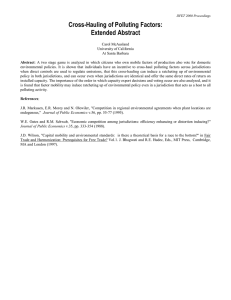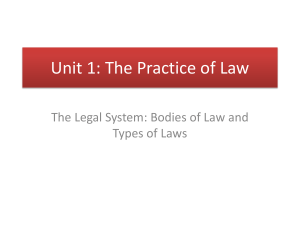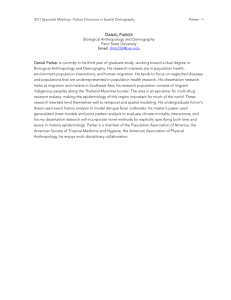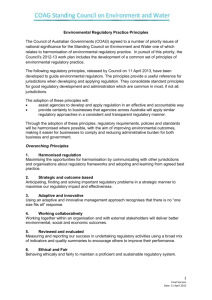Allan Beever
advertisement
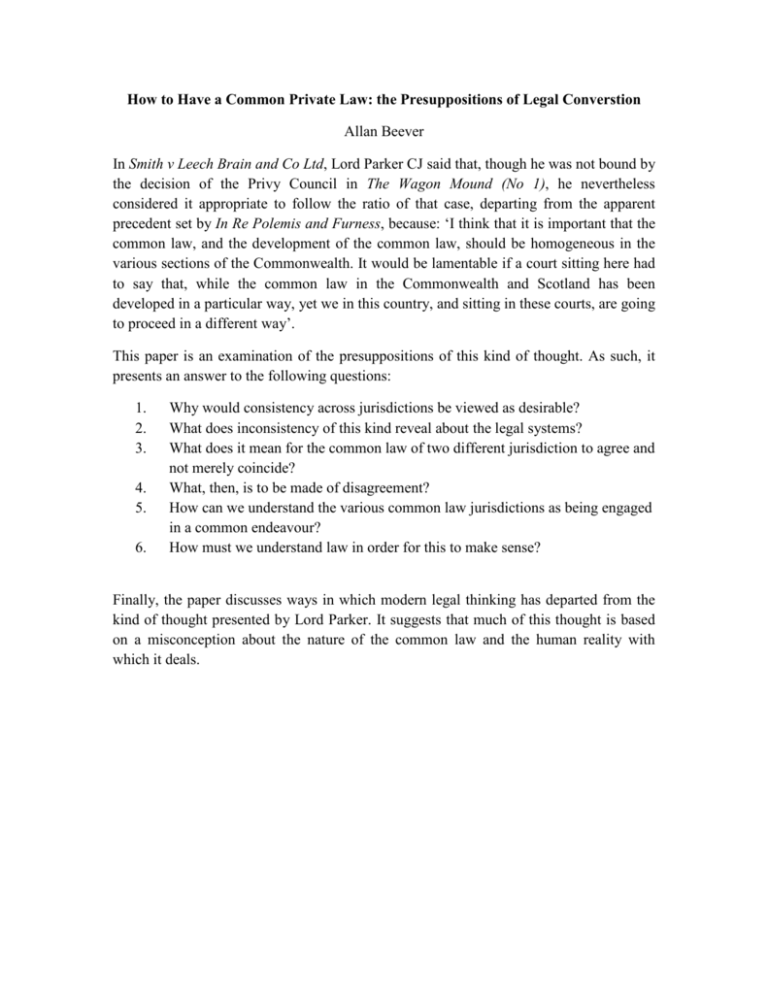
How to Have a Common Private Law: the Presuppositions of Legal Converstion Allan Beever In Smith v Leech Brain and Co Ltd, Lord Parker CJ said that, though he was not bound by the decision of the Privy Council in The Wagon Mound (No 1), he nevertheless considered it appropriate to follow the ratio of that case, departing from the apparent precedent set by In Re Polemis and Furness, because: ‘I think that it is important that the common law, and the development of the common law, should be homogeneous in the various sections of the Commonwealth. It would be lamentable if a court sitting here had to say that, while the common law in the Commonwealth and Scotland has been developed in a particular way, yet we in this country, and sitting in these courts, are going to proceed in a different way’. This paper is an examination of the presuppositions of this kind of thought. As such, it presents an answer to the following questions: 1. 2. 3. 4. 5. 6. Why would consistency across jurisdictions be viewed as desirable? What does inconsistency of this kind reveal about the legal systems? What does it mean for the common law of two different jurisdiction to agree and not merely coincide? What, then, is to be made of disagreement? How can we understand the various common law jurisdictions as being engaged in a common endeavour? How must we understand law in order for this to make sense? Finally, the paper discusses ways in which modern legal thinking has departed from the kind of thought presented by Lord Parker. It suggests that much of this thought is based on a misconception about the nature of the common law and the human reality with which it deals.



